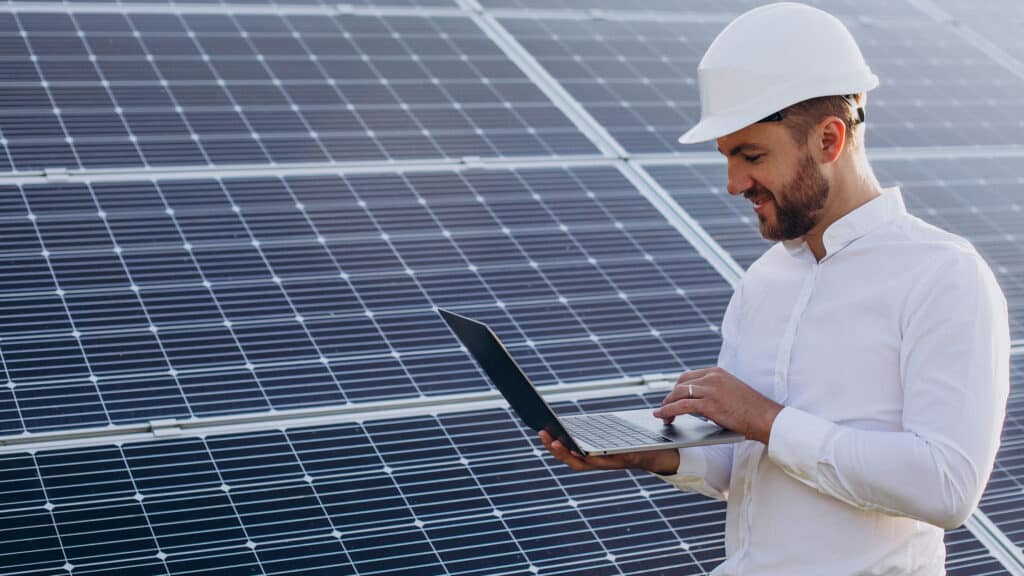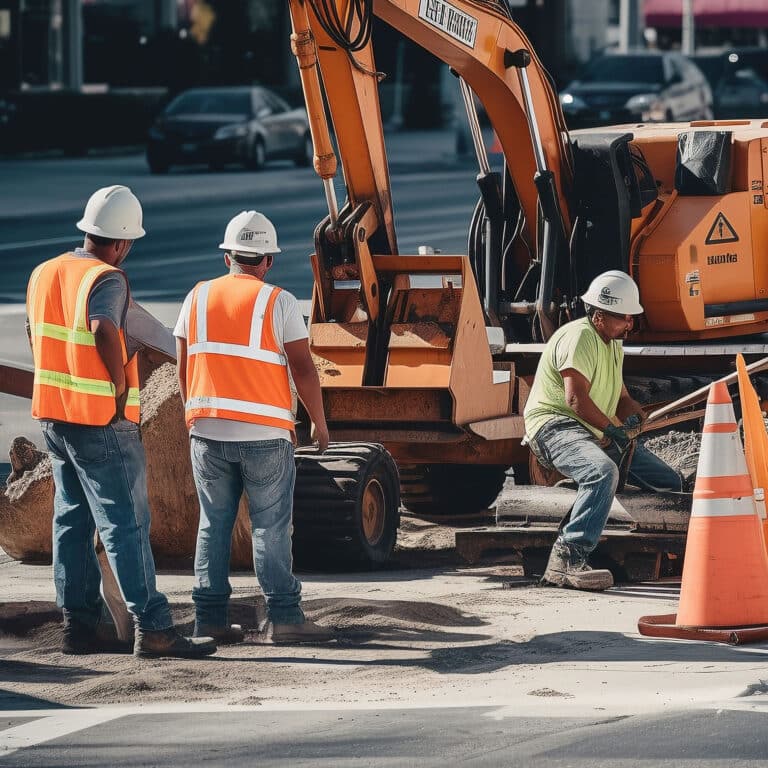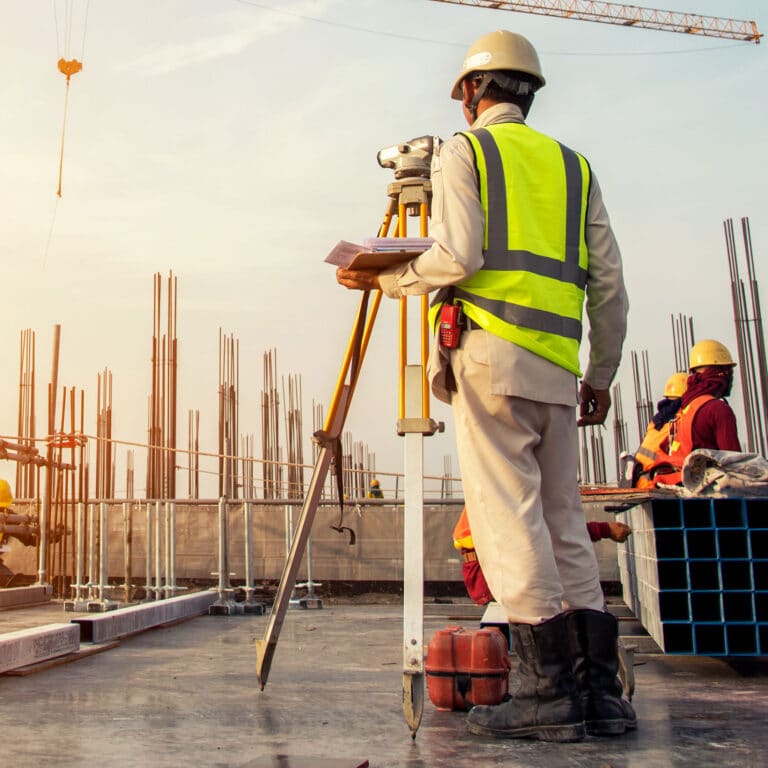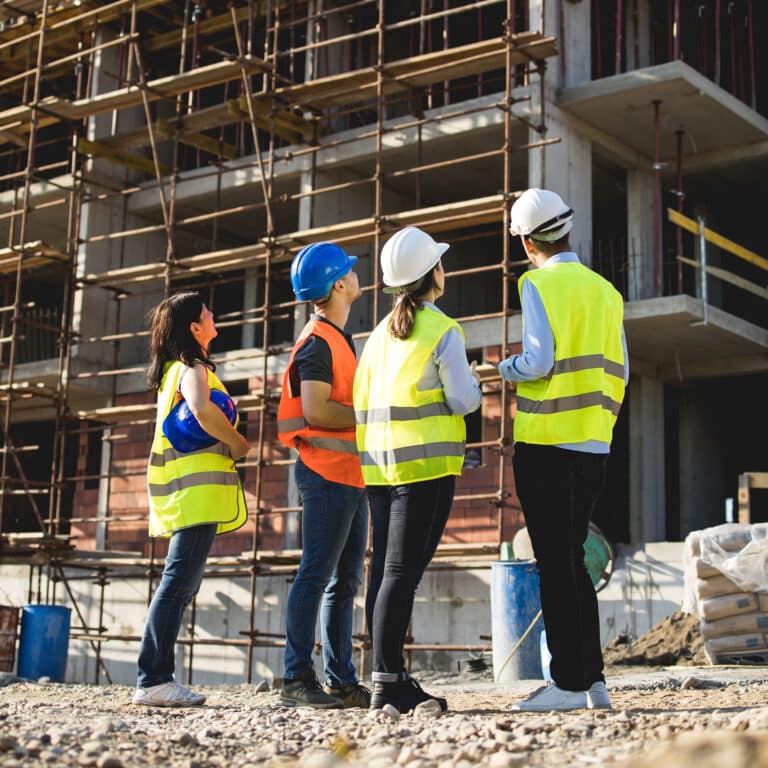Sustainable construction addresses environmental challenges and supports responsible resource use to benefit the environment. These construction practices consider the long-term environmental, social, and economic impact of buildings and infrastructure.
Considering the cost and environmental impact helps ensure construction projects are financially possible with minimal environmental consequences. These practices support a sustainable built environment designed for longevity.
What Sustainable Construction Is
Sustainable construction is designed to create resilient, efficient buildings and infrastructure with minimal environmental impact. The goal is to conserve resources and support social and economic wellness.
The key principles of sustainable construction include:
- Environmental responsibility: Minimal use of greenhouse gas emissions and other non-renewable resources helps protect biodiversity and ecosystems.
- Energy efficiency: Designing and constructing buildings to include renewable energy sources to maximize energy performance.
- Resource efficiency: Encourage recycling and reusing materials to efficiently use materials.
- Social sustainability: Construct buildings supporting occupant comfort, health, and safety through equitable access to amenities and resources.
Environmental Benefits of Sustainable Construction
Sustainable construction benefits the environment in many ways:
- Environmental preservation: Using environmentally friendly practices and materials reduces environmental degradation, conserves resources, and lowers climate change effects during construction and throughout the building’s or infrastructure’s lifetime.
- Energy efficiency: Using less energy for lighting, heating, and cooling reduces energy costs and carbon emissions.
- Resource conservation: Using locally sourced, recycled, and renewable materials reduces resource depletion and waste generation.
- Indoor environment improvements: Natural lighting, enhanced indoor air quality, and thermal comfort support occupant wellness and productivity.
- Financial savings: Lower water and energy consumption, reduced maintenance costs, industry certifications, and potential tax benefits support long-term cost savings.
- Sense of community: Building homes and spaces where people want to live, work, and play creates pride in the built environment.
- Attractive reputation: Attract environmentally conscious clients and stakeholders.
- Social benefits: Consider social equity, accessibility, and community wellness for an enhanced resident and community member quality of life.
Do You Need Help with Hiring Construction Workers?
Field Talent can provide you with experienced construction workers to help complete your projects on time and within budget. Reach out to learn more today.




